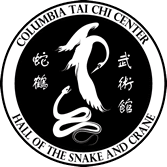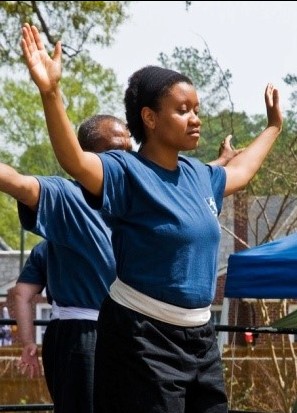 I was walking back to my office after lunch today when I came across two students in the driveway of the science building. One was in her car in a near panic because she was late for a meeting with her advisor and she was completely and utterly lost.
I was walking back to my office after lunch today when I came across two students in the driveway of the science building. One was in her car in a near panic because she was late for a meeting with her advisor and she was completely and utterly lost.
Her GPS directed her to a street that was closed off and she was so distraught by the unexpected setback on top of being in a new city on an unfamiliar campus, that she couldn’t muster up the presence of mind to turn her car around and go to the parking garage nearby.
Thankfully, the other student was kind enough to turn the car around for her while I gave her directions and time to slow down the panic and refocus. I could empathize with her. I still get turned around whenever I try to navigate my way around certain parts of town and it feels frustrating!
One of the first things you learn in Tai Chi is how to breathe. If you watch babies, you’ll see quickly that they take deep, diaphragmatic breaths. Their bellies rise and fall with each breath as they use the full capacity of their lungs to provide their bodies with the oxygen it needs. As adults, we rarely take these types of breaths. Our hectic, busy schedules reduce us to breathing high in the chest, creating tension in the body and mind.
When you stand in Wu Chi at the beginning of class you’re not only building awareness of your body in space, but also the awareness of your state of mind. There are many sessions where my mind feels quiet and settled and others where it is all over the place with thoughts and activity.
I try not to call these sessions “good” or “bad” because overall I’m learning the tendencies of my mind. Now, whenever I feel mentally anxious, I take deeper, slower breaths; feeling my belly expand and contract just like in Wu Chi. It has a calming effect and in fact, it was what I kept telling the student as I gave her directions–“Just breathe.”
It is like we say in class: “Chi (body’s energy) follows Yi (intent) and vice versa.” It should be easy to see how you can use this feedback loop to your advantage. If you relax your body then the mind will eventually follow. Tai Chi practice provides the opportunity to build these healthy habits so that when you find yourself facing a sudden setback in life, you automatically center yourself and refocus on the present moment so you can find a solution. Over time, you’ll find that having this awareness is not only a benefit for you, but for the people around you!
The student was very grateful for the help of two strangers setting her on the correct path. If she gets lost again, hopefully she’ll remember to just take a deep breath and double check her GPS unit.
When was the last time you found yourself dealing with an unexpected setback? How did it make you feel? How did you handle it?
–De Anna Beasley is a Postdoctoral Research Scholar
at North Carolina State University in Raleigh, NC.

